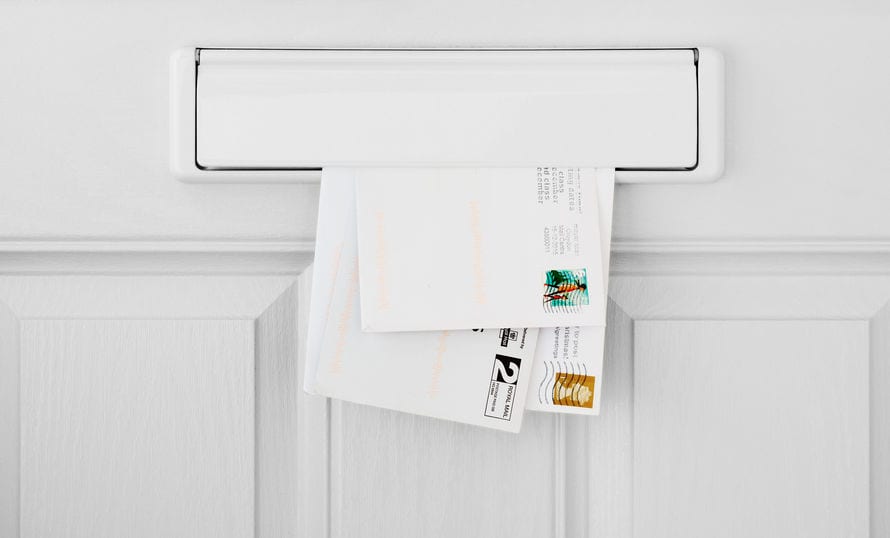Federal law requires US employers to file what they paid employees and taxes the employer owes each quarter by a specified deadline. This 941 form, or Employer’s Quarterly Federal Tax Return, reports wages paid by an employer, tips employees reported to an employer, employment taxes, and Social Security and Medicare taxes withheld.
If you didn’t pay the employment taxes you owe or if there were issues with your 941 tax payment, the IRS sends a CP163 letter as a “reminder” of past due employment taxes.
We’ll review IRS notice CP163 for past due 941 taxes and what you should do when you receive it.
Why Did I Receive an IRS CP163 Notice for My 941 Tax Return?
An IRS CP163 notice typically indicates that there is an issue or discrepancy with your form 941 and tax payment. CP163 is used by the IRS to inform you about the problem and to request that you make payment or follow up.
Common reasons for receiving a CP163 notice include:
- 941 Payment Issues: You didn’t pay the employment taxes you owe on time.
- Late or Missing 941 Returns: You failed to file form 941 on time or didn’t file it at all.
- 941 Filing Errors: The IRS identified errors on your 941 form, like missing information or incorrect calculations.
How Much Interest Will I Owe on Past Due 941 Taxes?
Employers with IRS employment tax penalties may be charged interest on unpaid 941 taxes, among other penalties. How much interest will be added is determined by factors such as how much employment tax you owe and whether your 941 payment was late or never received.
Usually, the base rate is calculated as the federal short-term interest rate plus 3%. The additional percentage is determined by your filing status, which is usually 2% of your tax liability. Keep in mind that interest will compound each day.
Will the IRS Include a Failure-To-Pay Penalty on My CP163 Notice If I Didn’t Pay 941 Taxes on Time?
Yes, the IRS will include a failure-to-pay penalty on your CP163 notice if you didn’t pay 941 taxes on time. The exact penalty amount depends on several factors, including the specific infraction, the size of your business, how much tax you owe, and how late your payment is.
Here are some of the penalties that apply:
- Failure to File or Filing Form 941 Late: Failing to file a form 941 results in a penalty of 5% of the tax due for each month or part of a month the 941 is late. This penalty is capped at 25%.
- Failure to Pay 941 Taxes on Time: If you make 941 tax payments late or pay less than you owe, a separate penalty of 2% to 15% of your underpayment will be applied based on the number of days you are late for paying the correct amount.
Am I Personally Liable for Unpaid 941 Taxes If the IRS Sends Me a CP163 Letter?
Yes, if the IRS sends you a CP163 letter, you can be personally liable for unpaid 941 taxes. Under IRC 7501, any person who runs a business with employees and fails to collect and pay employment taxes can be personally liable for them.
The amount an individual is on the hook for when charged an employment tax penalty is equal to the amount of tax owed plus interest.
Who Do I Contact If I Don’t Agree with the 941 Tax Amount Due in My IRS CP163?
If you don’t agree with the 941 tax amount due on your IRS CP163, contact the IRS by calling the toll-free number listed in the top right corner of your notice. You can address the issue by disputing the taxes you owe or outstanding penalties.
In some cases, you may be eligible for trust fund recovery penalty abatement or First Time Abatement.
What Is the Deadline to Respond to My CP163 Notice or Pay the 941 Tax Due?
The deadline for responding to an IRS CP163 notice or paying the 941 tax due can vary depending on the specific circumstances outlined in your letter. Usually, you need to pay or respond to the IRS within 30 days of the date of your notice.
Can I Pay Past Due 941 Taxes in Monthly Installments or Ask the IRS to Reduce the Amount I Owe?
You can request a monthly payment plan or installment agreement from the IRS if you received a CP163 notice and cannot pay the full amount of 941 tax you owe.
Requesting an IRS payment plan like this allows you to gradually pay off the employment tax debt over time instead of as a lump sum.
Alternatively, you can ask the IRS to reduce the amount you owe in 941 back taxes by submitting an Offer in Compromise (OIC). An OIC is an agreement with the IRS that will allow you to settle 941 taxes you’re liable for, and the settlement amount is less than the original amount you owe.
However, there are specific hardship eligibility criteria that you must meet to qualify for an IRS offer settlement.
Many businesses must file IRS form 941 each quarter to calculate and report employment taxes. Failure to report employee payments and taxes will result in the IRS sending you a CP163 notice.
You can also call us at 866-568-4593 if you need help responding to this notice or resolving 941 taxes you haven’t paid.
You can also start online by answering 6 simple questions.
6 Simple Questions. Free Evaluation.
Join our Newsletter
Enter your email address to join our free newsletter. Get all the latest news and updates.

